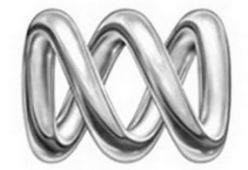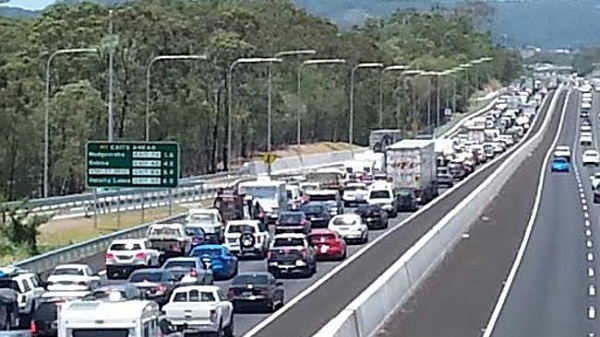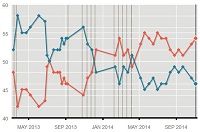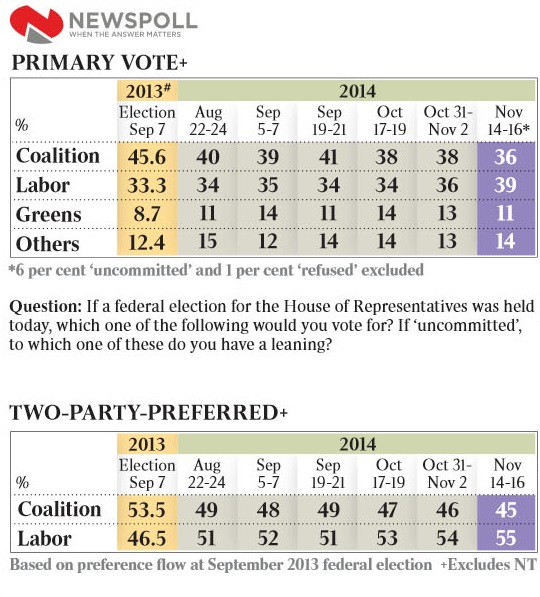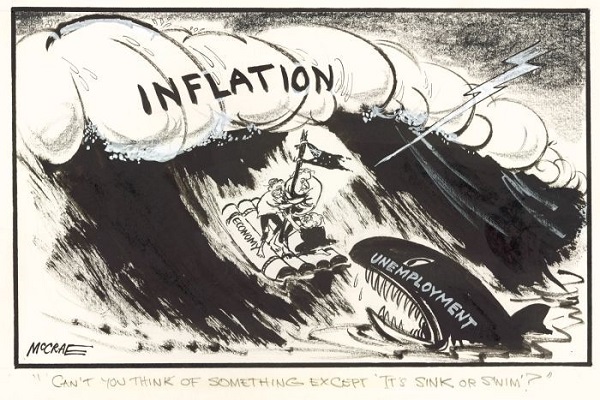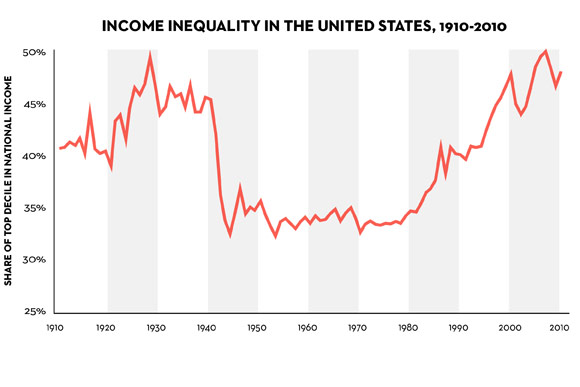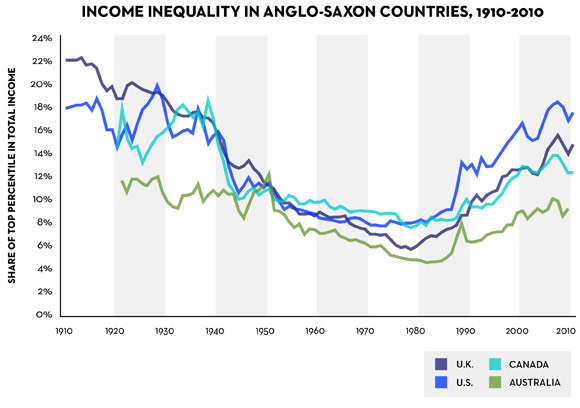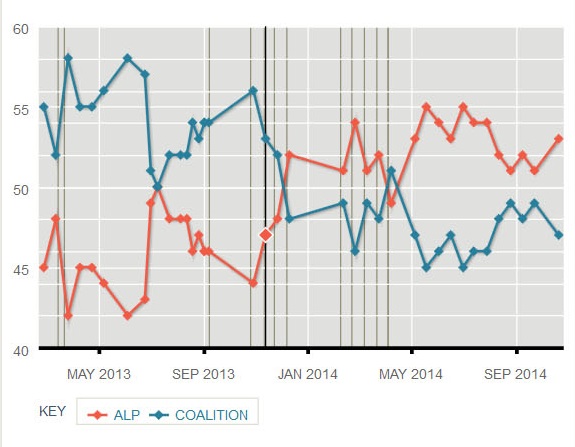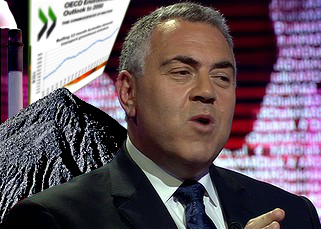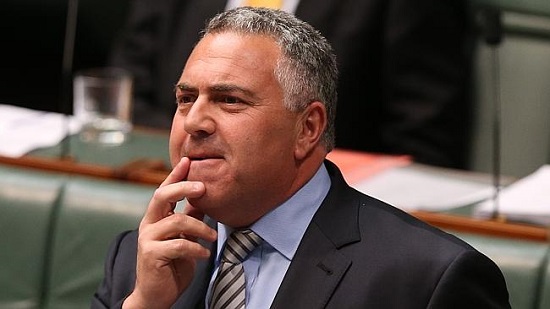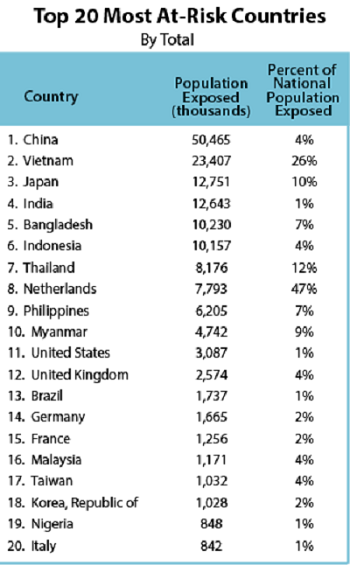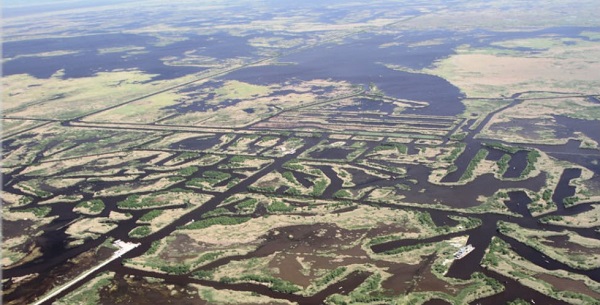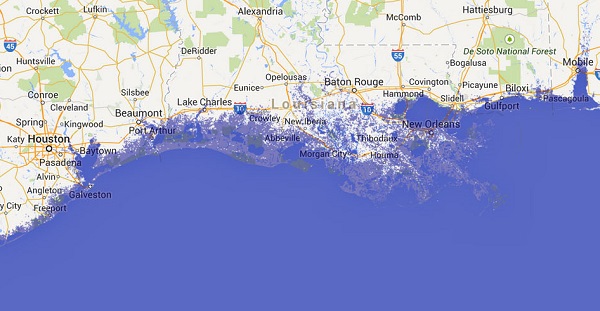The ABC has announced that more than 400 ABC staff could lose their jobs as the public broadcaster moves to implement the $254 million the Federal Government will cut over the next five years. That’s $254 million out of an otherwise projected budget of $5.5 billion.
I’d like someone to do an historical perspective on this. My memory is that in the 1980s the ABC had 6000 staff. There were cuts during the Hawke-Keating years. I heard yesterday that Costello’s first budget saw cuts of 12%. The Howard years were not kind to the ABC, not receiving any of the largesse distributed in the good years. The Rudd-Gillard years actually saw some improvement in the ABC budget, mostly through negotiated support for additional services. Supporting a strong and vibrant public broadcaster was part of ALP policy. At the same time the ABC did Labor no favours in its reporting.
That’s from memory. I’d like to see a proper study.
I’ll come to broken promises later. First some detail on the cuts:
- Adelaide TV production studios to close
- State-based 7.30 programs on Friday to be scrapped and replaced with national 7.30 program
- Lateline moved to a new timeslot on ABC News 24
- Foreign bureaux will be restructured to create “multiplatform hubs” in London, Washington, Jakarta and Beijing, although the number of correspondents will stay the same
- The Auckland bureau will close down and a new Beirut post will be opened
- Regional radio posts in Wagin, Morwell, Gladstone, Port Augusta and Nowra to close
- ABC Local, Radio National and ABC Classic FM programming changed, with some programs scrapped
- State-based local sports coverage scrapped
- The creation of a new regional division and ABC Digital Network, to begin in mid-2015, and a $20 million digital investment fund.
Radio National’s Bush Telegraph will be scrapped. I used to listen to it to keep in contact with happenings in the bush. In recent years I’ve favoured Richard Fidler’s excellent and compelling Conversations, which clashes in the timeslot.
In another blow against the bush, Local Radio Afternoons programs will go state-wide. In Queensland that will likely be Kelly Higgins-Devine, who has lived in the far north and will do a good job. It’s just not the same. There is a lack of localism, evident at times when Brisbane has had to be combined on a temporary basis with the Gold Coast and the Sunshine Coast.
Apparently 100 internet sites are to be closed, which sounds like a real blow to ABC’s generally excellent internet presence. Presumably there will be fewer transcripts of radio and TV programs, which will be a loss.
Managing Director Mark Scott told Leigh Sales that at least 10% of the 10% would be administrative or support staff. As to why a 5% cut translates into a 10% staff cut, Scott didn’t answer very well but I think the story lies in fixed infrastructure costs.
As to broken promises, the only thing worse that breaking a promise is pretending that you didn’t. ABC’s FactCheck verdict is This promise is broken. It was all very clear:
During a live interview with SBS from Penrith football stadium, Mr Abbott said: “No cuts to education, no cuts to health, no change to pensions, no change to the GST and no cuts to the ABC or SBS.”
Turnbull has been saying:
“Prior – prior to the election, I said on a number of occasions, I think possibly on this show, certainly on Lateline, that while we weren’t planning to make, you know, massive, slashing cuts to the ABC to cut their programming resources, as some people were urging us to do so, we would be looking to make… savings and cut waste right across government and ABC and SBS would not be exempt,” he said.
To be honest, unless he can provide an actual quote I think that is a flat out lie. Certainly he said something along those lines after the election.
Overwhelmingly, I think Ben Eltham is right, it’s about revenge – punishing the perceived enemies of the right.
There has been an appalling associated decision – Janet Albrechtson has been appointed to a panel to oversee the appointment of board members. There can be no clearer sign of a desire to domesticate the ABC.
Scott himself is apparently too much of a leftie. Turnbull has suggested that he relinquish the role of editor-in-chief. I think overall editorial and resource allocation roles are not usefully separated.
This attack on the ABC was of course expected. In it’s conception and execution, however, it has exceeded my expectations of brazenness and perfidy.

